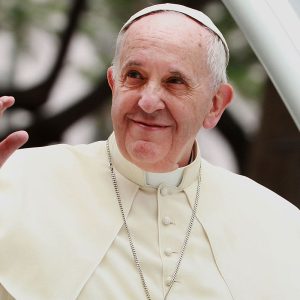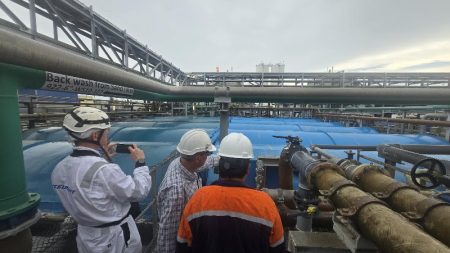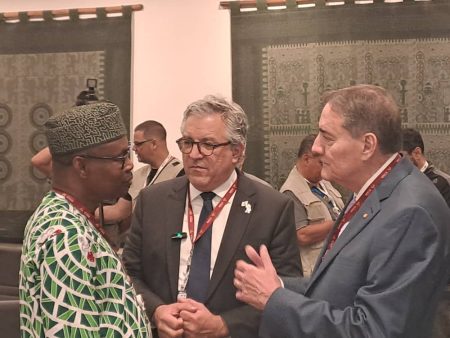
Mkpoikana Udoma
Port Harcourt — The Africa Network for Environment and Economic Justice, ANEEJ, has applauded the Catholic Pontiff, Pope Francis, for throwing his weight behind calls for an end to fossil fuels extraction at the 28th Conference of Parties in United Arab Emirates.
Pope Francis in his message at COP28 recently, called on world leaders to put an end to coal, oil and gas as well as lifestyle changes to save the planet, and also asked for debt forgiveness for poorer countries hit by climate change.
The Deputy Executive Director of ANEEJ, Mr. Leo Atakpu, also lauded an agreement at COP 28 summit on a loss and damage fund with nations pleading over $725million on the first day, which he said was a vital step but still inadequate for the quantum of what is needed.
Atakpu said it was heartwarming to see President Bola Tinubu calling on industrialized nations to invest in alternative energy sources in Nigeria and Africa, since Africa which contributes the least to carbon emissions.
“We are particularly happy that the Catholic Pontiff, Pope Francis has lent his voice to the calls for a need to urgently phase out fossil fuels given that we have had to get the Archbishop of Canterbury and the Board of the Church of England Pension’s Board to stop lending its moral and financial support to Shell, an oil company that has polluted and degraded the Niger Delta environment alongside other multinational oil companies.
“We want the big emitters, USA, China, Canada, Germany, Russia, Japan, India and Indonesia to save the planet by taking urgent steps to cut their carbon emissions.
“The issue of debt cancellation for poor countries as raised by the Catholic head is quite important for the world to be able to meet the global climate target as agreed in Paris COP21 as many countries in sub-Saharan Africa, including Nigeria are reeling under the yoke of debt burdens. Debt cancellation for such countries is an imperative to achieving net zero.”
The ANEEJ deputy boss also noted that some studies have estimated that loss and damage in developing countries was already greater than $400bn a year and was expected to grow.
“We are deeply concerned that contributions from high polluting countries will be voluntary, and we wonder when the fund will pay out and how it will be sustained over the long term.
“Bayelsa State in Nigeria alone requires $12 billion in loss and damage. Delta State requires a much higher amount. We are also worried that the fund will be administered, initially, by the World Bank against the wishes of many developing countries as we expect such funds to be disbursed as grants and not loans.”



